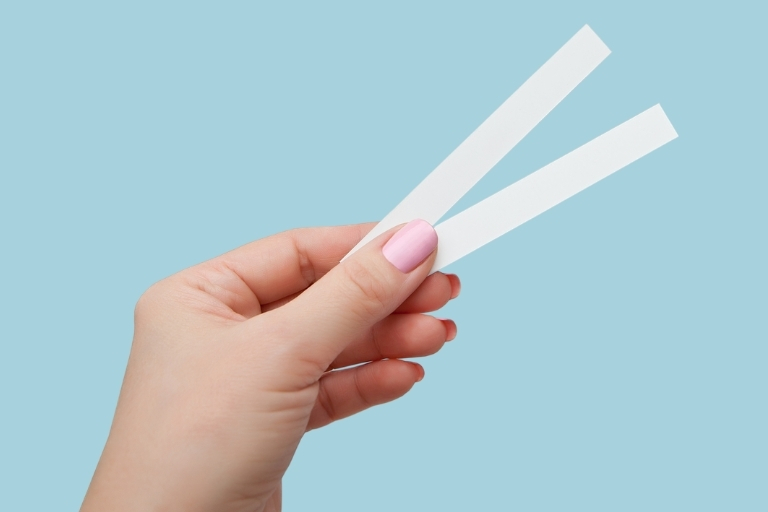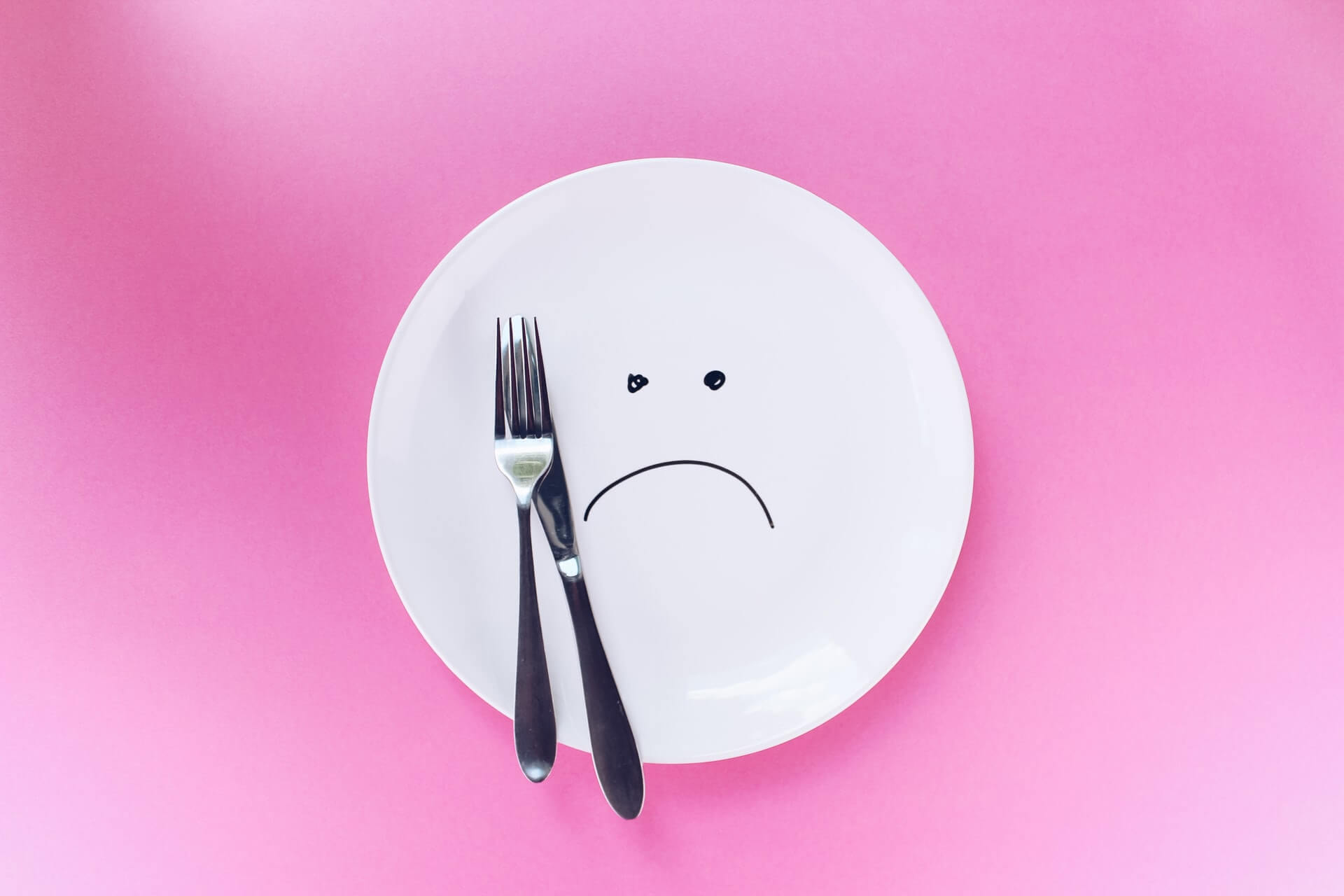The ketogenic diet, or simply the “keto diet,” has become popular due to its potential for weight loss and various health benefits. While it has shown promise in improving certain aspects of your health, there are concerns regarding its impact on kidney health. This leads us to ask — are keto and kidneys compatible?
A number of things can hurt your kidneys, such as high blood sugar levels, which can damage blood vessels in the kidneys and cause infections in the bladder — ultimately leading to kidney damage if left untreated (1).
Given that the keto diet limits sugar consumption, it can be a helpful way to support kidney health. However, some researchers have expressed concerns that the protein content of the diet, combined with a potential decrease in fluid intake, could place added stress on the kidneys. This is especially true for those who already have a kidney problem.
In this article, we will delve into the science behind the keto diet’s influence on the kidneys and explore ways to protect and maintain optimal kidney function while following a ketogenic lifestyle.
How Does Keto Affect Your Kidneys?
The impact of the ketogenic diet on kidney health has been a topic of interest and debate. Keto may be both beneficial and harmful to your kidneys depending on how you implement it. For this reason, it’s so important to follow it with medical supervision.
Research shows that ketones may have a protective effect on the kidneys by reducing oxidative stress and inflammation. For example, a study conducted by Kim et al. has shown that beta-hydroxybutyrate, or BHB, which is the most abundant ketone produced during ketosis, can be a potential treatment for kidney aging-related inflammation (2).
Considering that age-related disease can be decreased with calorie restriction, ketone bodies mimic calorie restriction, making the keto diet a good candidate (2).
For individuals with polycystic kidney disease (PKD) — an inherited condition that causes kidney enlargement and the loss of function — interestingly, the keto diet may offer protection from PKD and help treat it (3)(4).
Recent results from animal studies have shown that supplementing with BHB ketones can slow disease progression in both young and adult rats by reducing the number and size of cysts (4). Moreover, patients who have self-initiated a keto diet for at least 6 months have reported weight loss and low blood pressure, and improvements in PKD-related symptoms (4).
When it comes to possible drawbacks, the keto diet may affect fluid and electrolyte balance in the body. This is because when you restrict carbohydrates, you lose fluids initially. Adequate intake of fluids, along with monitoring electrolyte levels, especially sodium and potassium, can help maintain a healthy balance.
Another concern is the keto diet’s moderate to high protein consumption. Although protein is a crucial nutrient, too much protein creates more waste products that the kidneys need to filter out. However, a moderate protein intake is generally safe for healthy individuals.
The National Kidney Foundation states that patients who are not on dialysis will benefit from a lower protein intake (5).
Important: While the ketogenic diet can offer some benefits, keep in mind that individual responses may vary. If you have a pre-existing kidney condition, speak with a healthcare professional or a registered dietitian who can offer personalized guidance and monitor your kidney health throughout the process.
Is the Keto Diet Safe for Your Kidneys?
The safety of the ketogenic diet for kidneys is a subject of ongoing research and debate. While there is evidence to suggest that keto may offer protection and cause only minimal harm for healthy individuals and those with chronic kidney disease and polycystic kidney disease, caution should always be exercised.
Consider whether you have kidney disease or other kidney-related issues, your protein intake, hydration, electrolyte status, and other individual variations.
How Do I Protect My Kidneys on a Keto Diet?
Protecting your kidneys while following a ketogenic diet is important, especially if you have pre-existing kidney conditions or concerns. Helpful strategies include following a properly formulated keto diet and regularly monitoring your kidney health.
Read below for more tips on protecting kidneys while doing keto:
- Focus on Nutrient-Dense Foods: A well-rounded ketogenic diet should include a variety of nutrient-dense foods. Emphasize non-starchy vegetables, healthy fats (e.g., avocados, nuts, and seeds), and high-quality protein sources. This ensures you obtain a range of essential nutrients that support overall health, including kidney function.
- Stay Hydrated: Adequate hydration is crucial for maintaining optimal kidney function. Since the ketogenic diet can initially cause increased fluid loss, it’s important to drink enough water throughout the day. Moreover, consume electrolytes, such as sodium, potassium, and magnesium to prevent electrolyte imbalances that can occur due to reduced carbohydrate intake
- Proper Implementation and Monitoring: To ensure the safety of the ketogenic diet for your kidneys, regularly monitor your kidney function. Medical check-ups and consultations with healthcare professionals are advisable.
- Optimize Protein Intake: Be mindful of your individual protein needs. Keep in mind that excessive protein intake may place additional stress on the kidneys. Choose lean protein sources, such as poultry, fish, tofu, or legumes, and monitor your protein intake based on your healthcare provider’s recommendations.
If you experience any adverse effects or have concerns about your kidney health while following a ketogenic diet, seek immediate medical attention.
Can People with Existing Kidney Problems Follow the Keto Diet?
Given the available research, the keto diet may help people by lowering their blood sugar and blood pressure, which can further damage the kidneys, and increasing ketone bodies, which improve symptoms related to kidney disease.
However, keep in mind that the suitability of the keto diet for individuals depends on the severity of their kidney impairment and other personal factors. In this regard, people who choose to follow a ketogenic approach may require modifications to the standard ketogenic diet to ensure it aligns with their dietary restrictions and health requirements.
The Bottom Line
The relationship between keto and kidneys is complex one that requires careful consideration, particularly for individuals with pre-existing kidney problems.
The keto diet may be generally safe for most people when properly implemented, but it’s still important to seek guidance from healthcare professionals.
Protecting kidney health on a ketogenic diet involves staying hydrated, ensuring electrolyte balance, and monitoring kidney function through medical check-ups. Taking these precautions allows you to prioritize your health and minimize risks.



